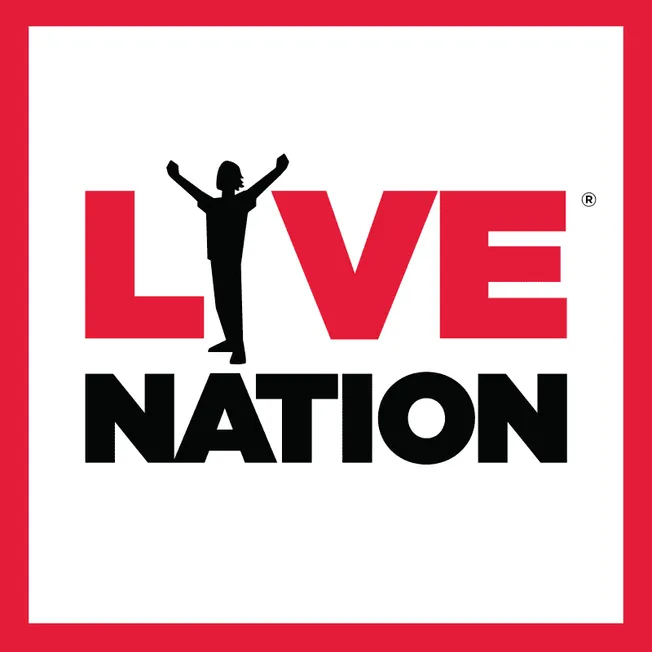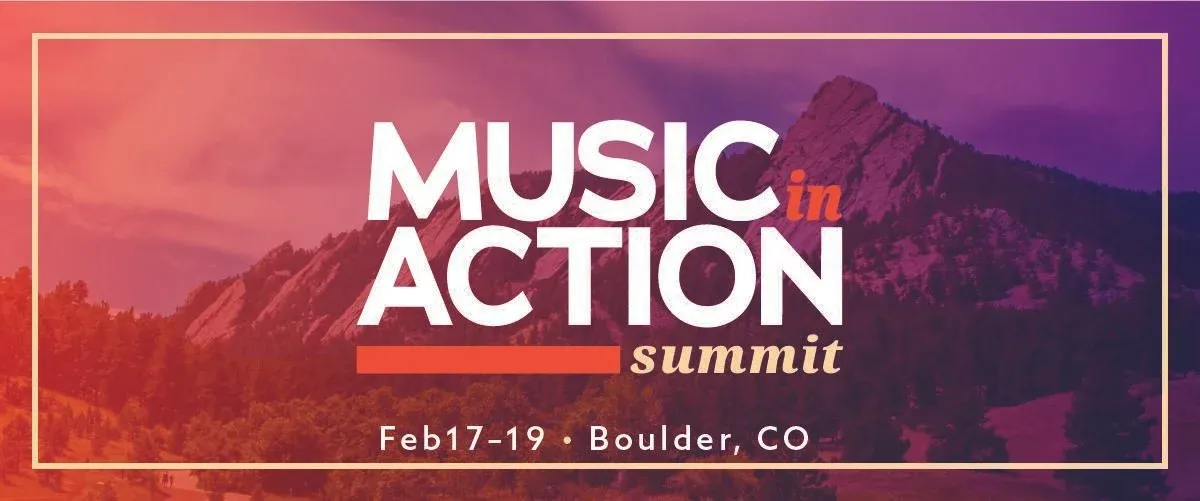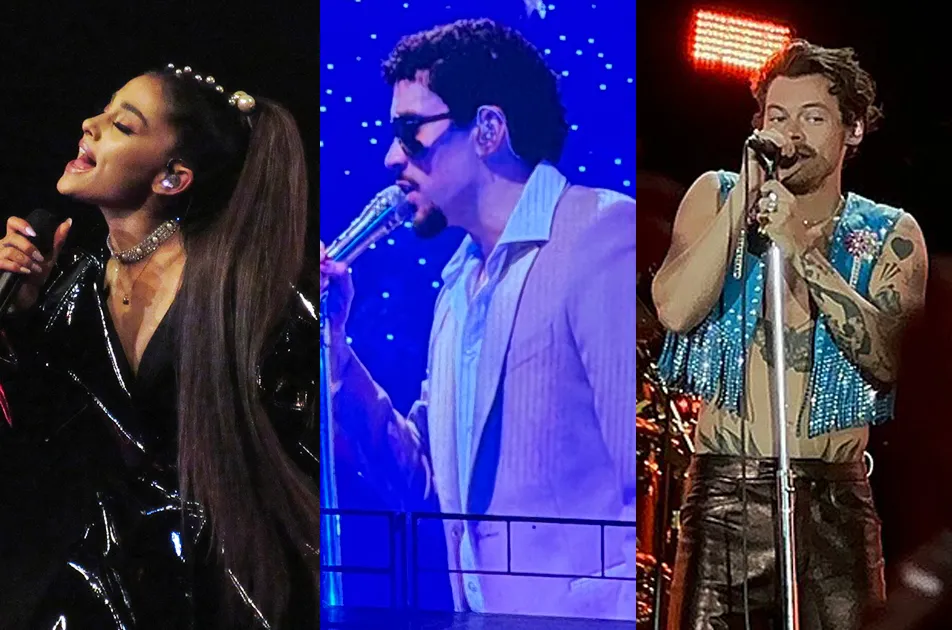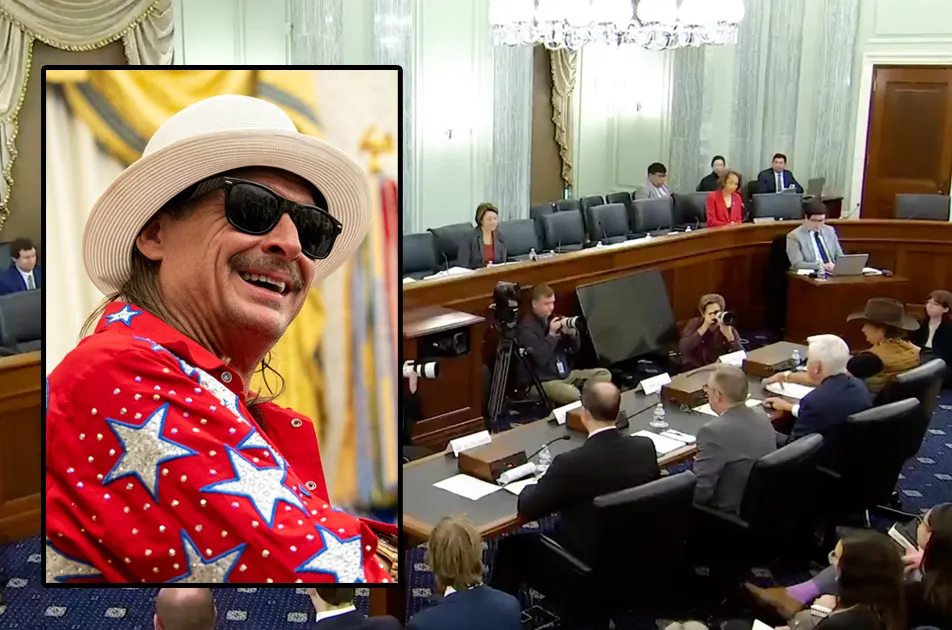Live Nation filed a motion for summary judgment in the U.S. District Court for the Southern District of New York asking it to dismiss the antitrust lawsuit brought by the United States Department of Justice (DOJ) and a coalition of states.
The 51 page Live Nation DOJ lawsuit motion contends that the government’s case “begins and ends” with unsupported market definitions and speculation rather than concrete evidence of harm.
The DOJ alleges that Live Nation used exclusive venue deals, tied-promotion contracts, and leveraged its scale to shut out competition in concert promotion. If Live Nation succeeds with this motion, the status quo around how large promoters book venues, negotiate exclusivity and bundle services may continue unchanged.
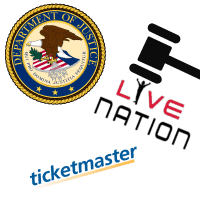
Key Arguments from the Live Nation DOJ Lawsuit Motion To Dismiss
- Market definition: Live Nation argues the DOJ defined the markets too narrowly (e.g., excluding stadiums or large theatres) in order to inflate the company’s claimed dominance.
- Monopoly Power and Evidence of Harm: Live Nation asserts that the government “has not proven the key element … that the company holds monopoly power.”
- Quote: “Plaintiffs opened this case alleging that Live Nation had multiple, self-reinforcing monopolies and had—for fifteen years—engaged in ‘systematic’ and ‘intentional’ corruption of competition across ‘virtually every aspect of the live music ecosystem.’ … If there was a lick of truth to them, one would expect Plaintiffs to now have mountains of evidence demonstrating monopoly power … And yet … Plaintiffs have barely a molehill.”
- Exclusive contracting: Live Nation asserts that venues prefer exclusive contracts and that no venue manager testified they were coerced.
- Quote: “Not a single ‘major concert venue’ claims to have been forced into exclusive contracts. To the contrary, every venue witness has testified that they seek and prefer exclusive ticketing contracts.”
- Read the full Live Nation DOJ Lawsuit Motion To Dismiss here.
- Also: Live Nation and Ticketmaster Lawsuits: Tracking All The Legal Battles
What This Means For Independent Venues and Promotes
Many amphitheaters, arenas and festivals contract with Ticketmaster and Live Nation for ticketing, booking and/or promotion – often on an exclusive basis. Live Nation argues those exclusive deals reflect industry norms and preferences.
But if the DOJ survives this motion and later wins at trial or settlement, independent venues and promotes should see more competition for ticketing services and possibly reduced fees or alternative providers. A DOJ win could also reduce what independents see as overly aggressive booking tactics by both the concert giant and its ticketing arm.
What This Means For Fans & Consumers
The heart of the government’s case is competition: whether fans pay more or receive fewer choices because of restricted competition. Live Nation counters that the government does not demonstrate harm to consumer welfare.
While lower concert ticket prices seem unlikely. this motion affects long-term dynamics: pricing, resale practices, transparency and fair access to tickets could all be shaped depending on how the case proceeds.
The timing is significant: the live concert business is booming as it recovers from pandemic disruptions; any legal shifts now may ripple through how concerts are promoted, how tickets are sold, and how fans access shows.
What’s Next
The DOJ and likely some states will respond to the motion, after which Judge Arun Subramanian will likely decide whether to grant full or partial summary judgment—or allow the case to proceed to trial.
Hypebot will keep an eye on any interim rulings (e.g. partial dismissals, modifications to claims) and how the live-music/ticketing ecosystem reacts.
- Read the full Live Nation DOJ Lawsuit Motion To Dismiss here.
- Also: Live Nation and Ticketmaster Lawsuits: Tracking All The Legal Battles
Bruce Houghton is Founder & Editor of Hypebot, Senior Advisor at Bandsintown, a Berklee College Of Music professor and founder of Skyline Artists.

